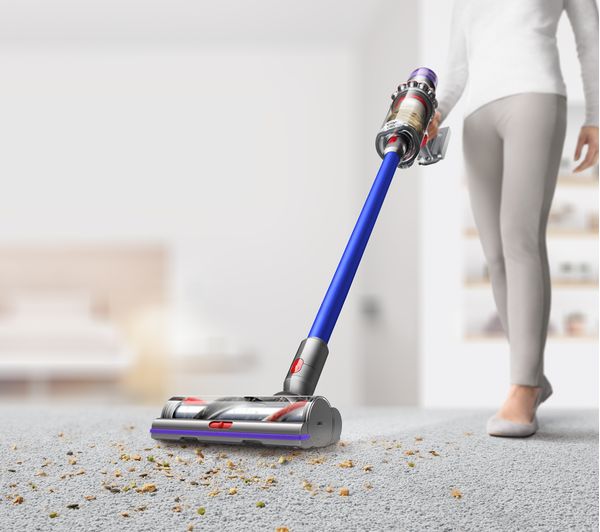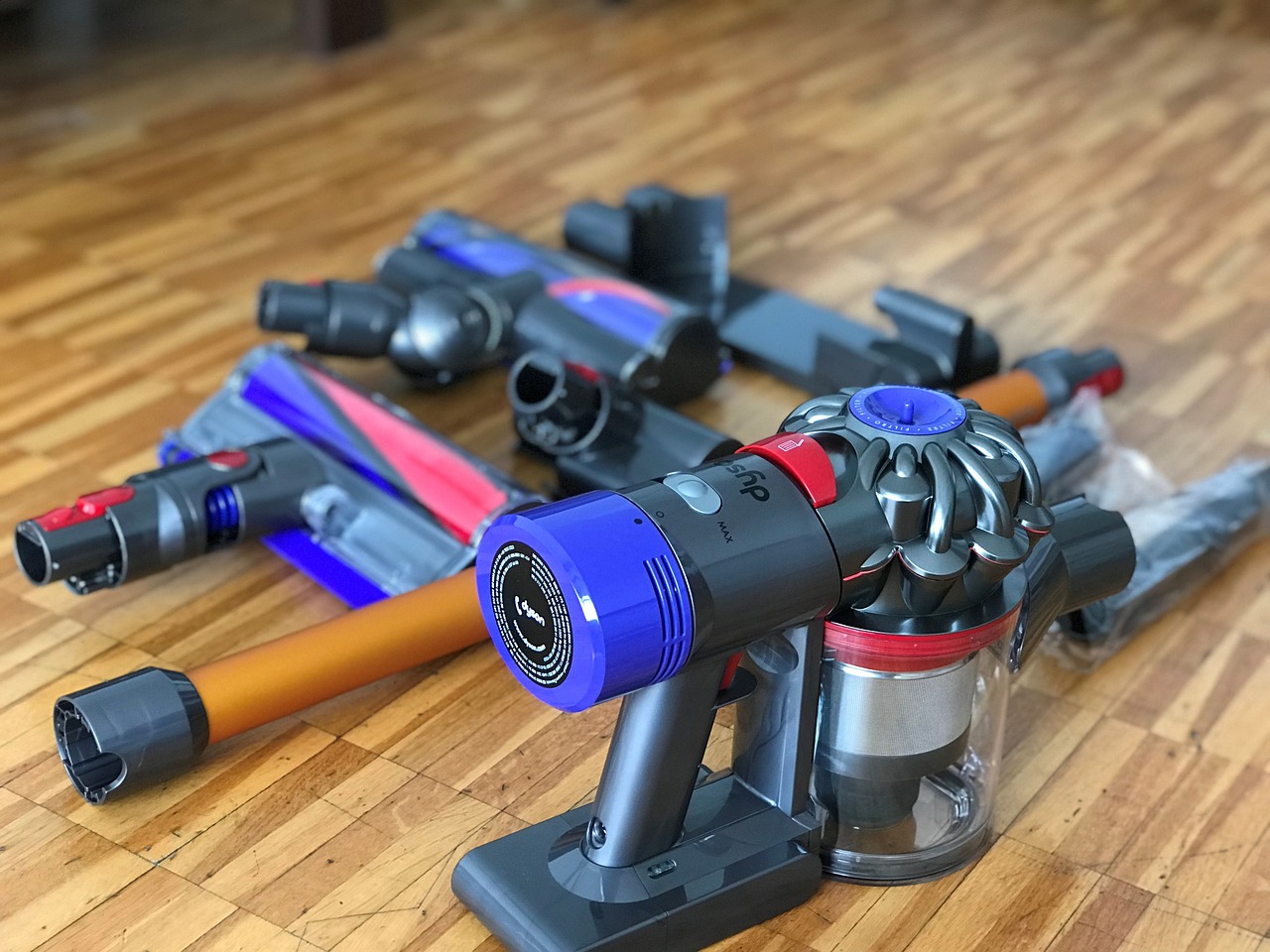Cordless vacuum cleaners are nothing new, but the latest iterations are cleaning up the market. With sleek frames and impressive power claims, it’s easy to understand why people have fallen in love with these cordless wonders. But can they replace the humble corded unit? Flashy advertising says “yes,” but the real answer doesn’t seem to be so clear cut. Let us dive in and found out whether these units are for you.
No cords.
The main advantage of a cordless unit is in the name. The elimination of chords has given these units an edge when it comes to portability and reachability. Without clumsy cords, these units can be carried around your house with relative ease, and can even be taken outside and used in the car, shed caravan, etc.
Small handheld vacuums have existed for a decade or more now, but these ‘dust busters’ have been underpowered and not suitable for long and rigorous cleaning sessions. Revolutions in battery technology have enabled new cordless vacuum cleaners to suck dust harder and for longer. This bump in power has made some units, especially Dysons range of cordless vacuums a real alternative to corded units.

Lung capacity.
The benefits of going cordless are apparent, but what about the drawbacks? While the top of the line Dyson Vacuum cleaner promises to be as powerful as a mains powered unit, it pays to be realistic. A mains powered cleaner will have considerable amounts more juice than a battery-powered machine. Battery-powered units claim to have more efficient motors, which may well be the case, but no battery will compete with mains power for consistent electricity. Most cordless units will have a battery life of around 30 minutes before needing to be charged.
The other main drawback of a cordless unit is its dust capacity. A push for bagless vacuums has cast the vacuum bag in a negative e light, but in my mind, a large capacity vacuum bag is as useful as it easy to replace. A bagless cordless vacuum cleaner will have a tiny dust storage capacity compared to a basic an entry-level corded unit. Cordless units require more regular maintenance to a chorded unit.
Those with allergies may also want to weigh up the convenience of a cordless vacuum against its ability to handle and capture dust. Because a cordless vacuum has a smaller dust capacity, you will be cleaning and emptying the unit more often, which increases your contact with dust. On average a cordless vacuum will pick up around %41 percent of dust held in carpet, as opposed to a corded unit that will capture around %70.
The benefits of a cordless vacuum can be enticing, with promises of hassle-free cleaning and the ability to quickly change rooms without the trip hazards created by cords. Some units, especially Dysons offerings, are powerful and efficient, allowing you to quickly and easily clean your whole home without replacing a bag or switching power points.
So, should you be switching to a cordless vacuum? Well, that all depends on your needs. For those with small apartments, a cordless vacuum could easily replace a noisy corded unit. The limited battery life and dust capacity should not be an issue for short cleaning sessions. For those will larger homes and thick carpet, a cordless unit will struggle. Corded vacuums may seem old hat, but a combination of raw power and large capacity will keep these machines relevant and useful for many years to come.



